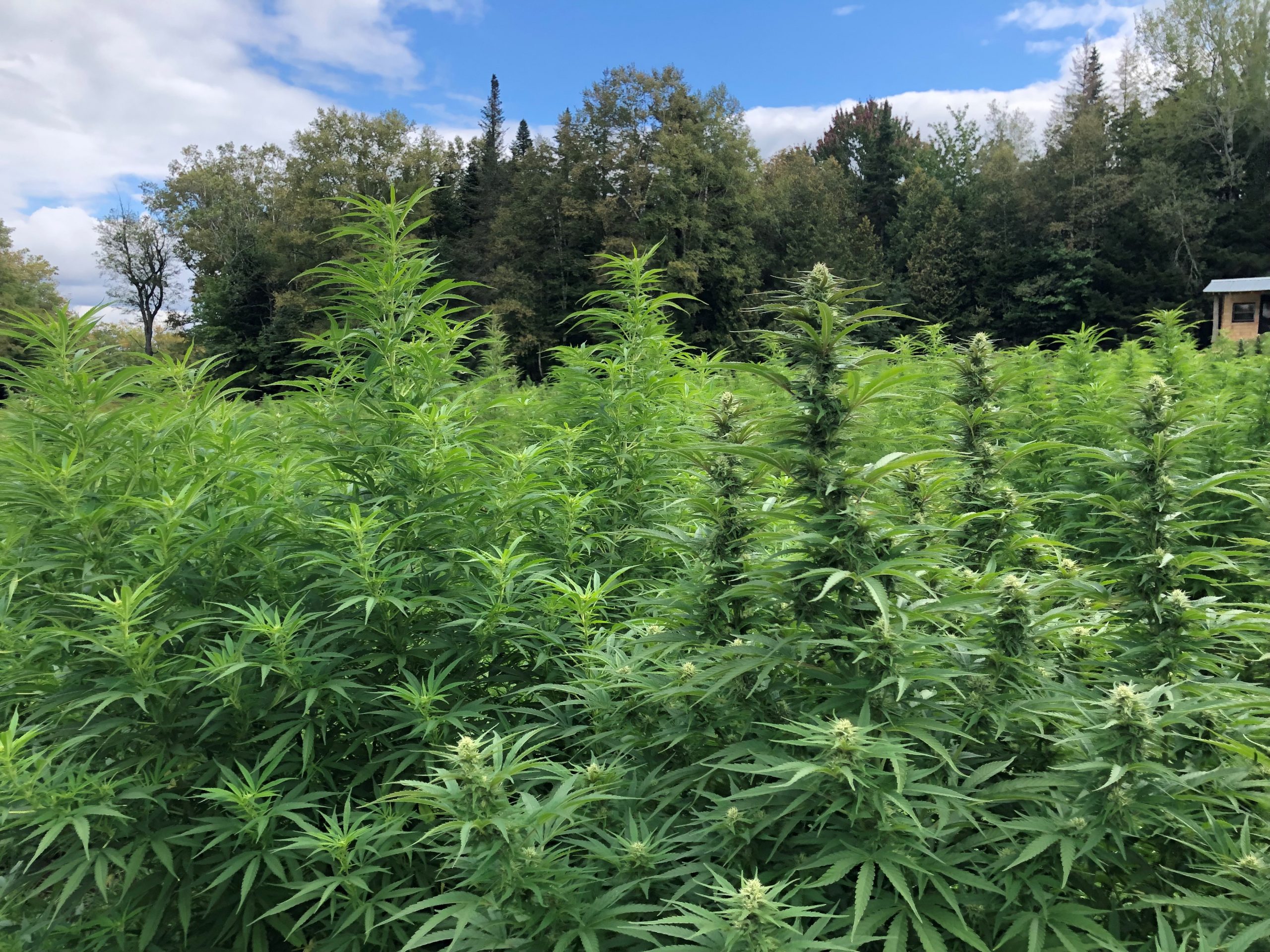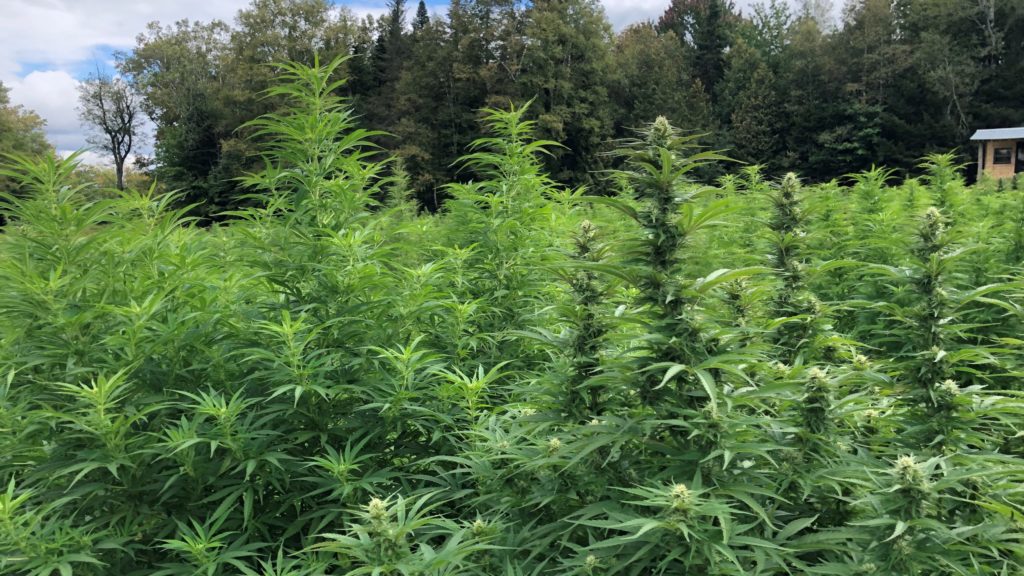
A new study by Cornell University researchers has found no evidence that environmental stress causes THC concentrations or ratios of CBD to THC concentrations to increase.
Graduate student Jacob Toth created a series of research plots in Geneva, New York, including control plots and five stress treatments applied to three genetically unrelated, high-CBD hemp cultivars.
The stress treatments included:
- Flood conditions.
- Exposure to ethephon, a plant growth regulator used for fruit ripening.
- Powdery mildew.
- Herbicide.
- Physical wounding.
Toth tested THC and CBD content of the cultivars in the plots over a four-week period while flowers matured.
“What we found over the weeks that we were sampling, the amounts of CBD and THC went up proportionately in all of these different cultivars for all of these different stresses,” Toth said.
At harvest in the fourth week, the researchers found nearly every plant produced the expected ratio of CBD to THC. Plants with high CBD levels corresponded to THC levels above the legal 0.3% THC threshold.
The research results further prove that plant genetics determine cannabinoid content, not the environment, according to Larry Smart, a Cornell horticulture professor whose lab initiated the study.
Smart’s lab, which helped inform the U.S. Department of Agriculture in developing final hemp regulations, saw similar findings in 2019 studies.
However, a new study by the University of Georgia found that many hemp varieties expressed CBD and THC levels that were inconsistent with what was stated on certificates of analysis provided by plant breeders and brokers.
Of 22 varieties tested, many had more THC and less CBD, according to the research.
The University of Georgia research team produced commercially available hemp genetics in an environmentally controlled greenhouse.
Standardization is needed to help hemp producers select varieties that will not test hot, the Georgia researchers concluded.



